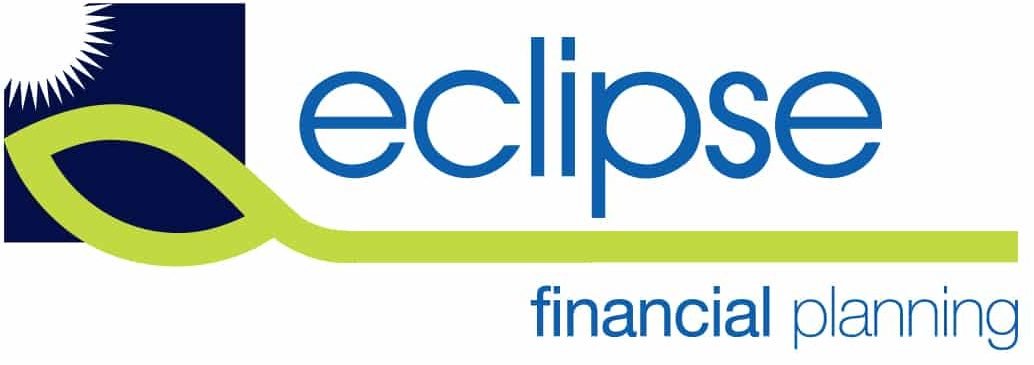There’s no one-size-fits-all approach when it comes to choosing a mortgage. Here are three features to talk to your mortgage broker about.
Mortgages are the basis of home ownership, no matter if you’re buying an investment property or a long-term home for your family. Think about it this way: The Australian Bureau of Statistics has found that there were around $32.7 million worth of dwelling commitments taken out to April – but not all home loans are made equal. Understanding some of the most common features can help you find a mortgage that works well for your financial situation – just be sure to get your mortgage broker involved in the decision, too!
1. Fixed or variable interest rates
You’ve probably heard a lot about interest rates recently, but what do they mean for your mortgage? There are two main options that you can choose: Fixed or variable rates, and they both come with their own pros and cons.
Fixed rates basically let you lock in a set rate for a certain period of time, usually between 1 to 5 years. This lets you figure out exactly what you need to repay, without worrying about the implications of the official cash rate going up. This could be an option for first time buyers or investors, who would like certainty with their budget. On the other hand, if rates fall below the fixed level on your home loan, you could end up paying more, and there may be restrictions on making additional repayments.
By comparison, variable interest rates follow market forces, going up and down as the lender and Reserve Bank dictates. For example, if the cash rate falls, you usually end up paying less interest – but the opposite also applies. This can make it a bit riskier, but they can also offer bit more flexibility, often having the option of extra repayments and access to redraw facilities and offset accounts.
2. Interest only
The name says it all: With an interest-only loan, you only repay the interest on the loan. They’ve become a popular option for property investment, allowing you to cut down on mortgage repayments over the short term while your home ideally rises in value. They can also be quite flexible, with the lender typically setting down an interest-only period. However, after this ends, it’s up to you to make all the necessary repayments.
It can seem like an attractive road to go down, but make sure you speak to your mortgage broker about the implications. The base amount you borrow doesn’t reduce unless you choose to make extra repayments – and you could pay a bit more over time, as you’re paying interest on a loan balance that isn’t going down.
3. Offset accounts
As mentioned above, you often have the option to connect your variable home loan to an offset account. Basically, the total amount of money in your account is offset against the balance of your loan, thus reducing the amount of interest you need to pay. This can shorten the life of your mortgage and potentially save you thousands of dollars, letting you make the most of your income. Similar results can be obtained with redraw facilities, but there can be major differences in the taxation consequences, so get some advice.
Just remember: It’s a good idea to look for an option that has an equal interest rate to your mortgage so you get the full benefit and enjoy further savings.
Now that you’ve got an idea of some of the common features of home loans, talk with your mortgage broker about which options and lenders could suit you.

